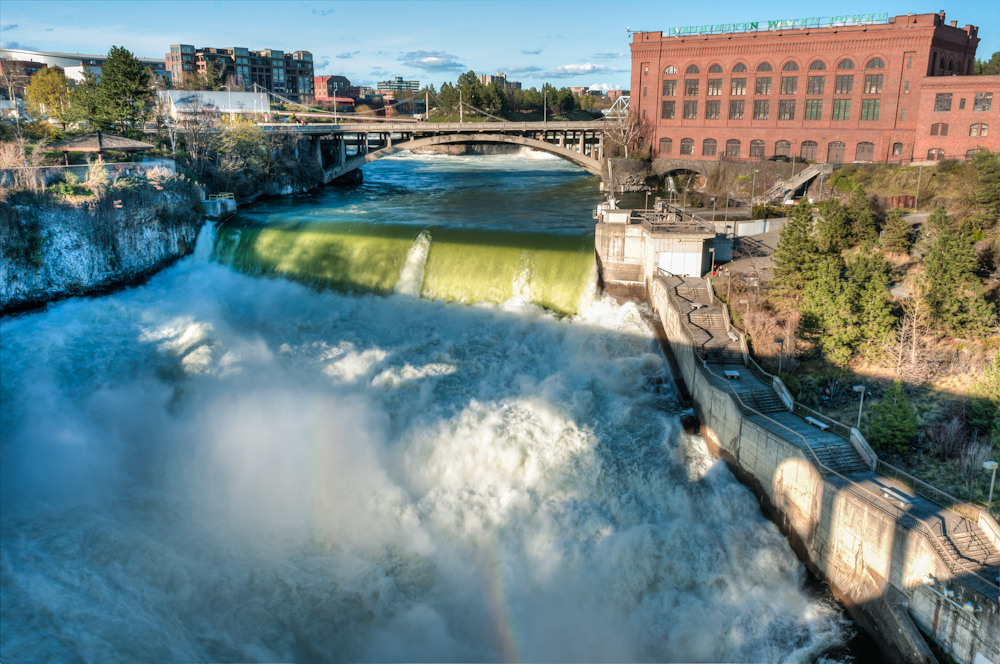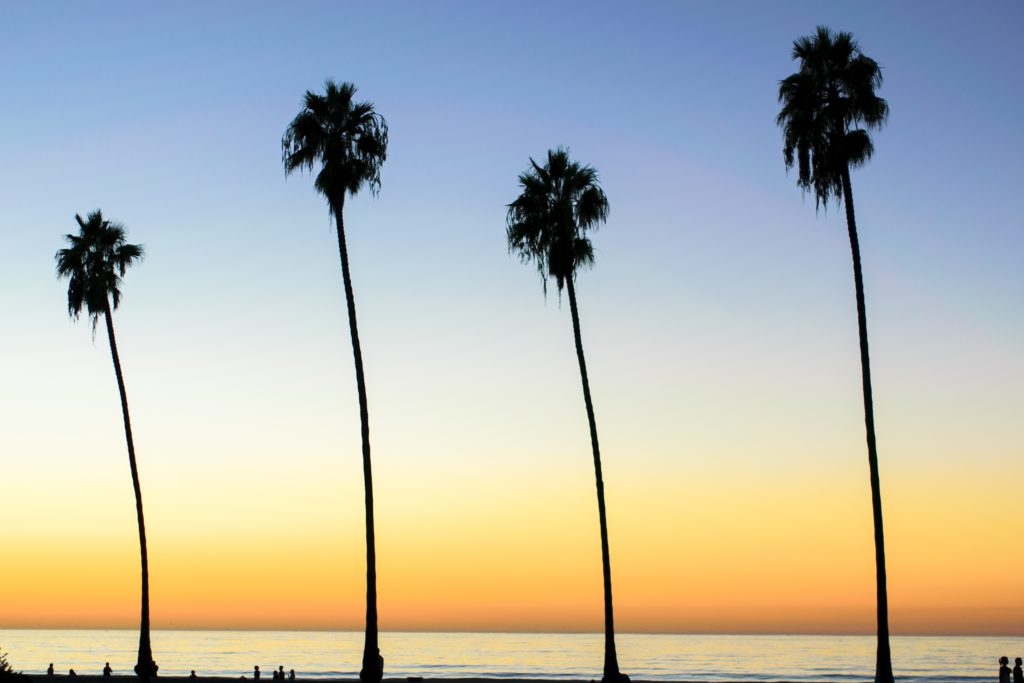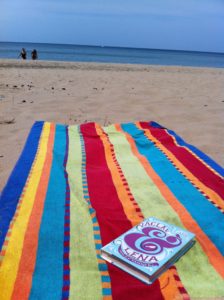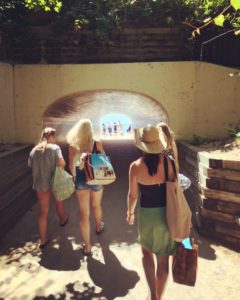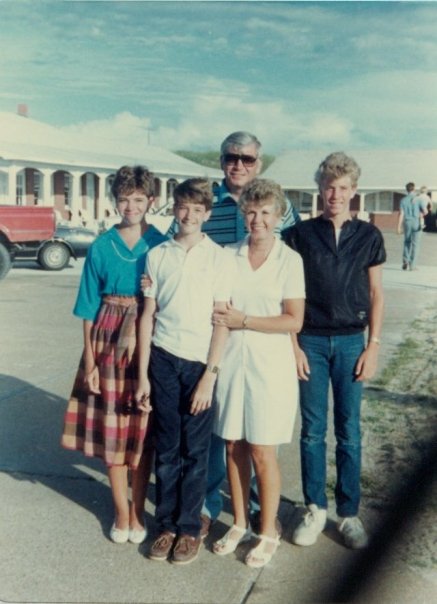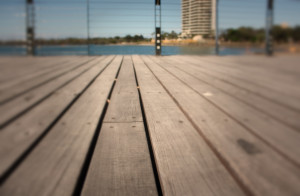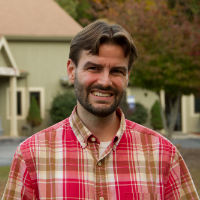When I said goodbye to California when I was seven, I didn’t realize that I was letting the only home I’d known slip through my fingers. At seven, packing up two large moving trucks with everything you own seems like an adventure. I got into that large yellow truck and didn’t look back for a long while.
Home, for me, is the place I’ve lived most of my days since: Spokane, Washington, a medium-sized city with a small town feel, far from the rain and gloom of Seattle, on the coast. All of the bedrooms I’ve had to myself are in this city. This is where my favorite swing hangs, in my favorite park, the place I go to contemplate life, or to wait for a phone call from a boy that may or may not come. We have history, Spokane and I.
I woke up in the wee hours to catch my flight to California. The temperature hovered somewhere right around freezing. This is the October I have come to know. Once we’d made it through security, there was little difference in temperature between airports and planes as we made our way south. But when I stepped out of the airport and into the Southern California afternoon, I intuitively peeled off my cardigan. My bare shoulders recognized the October sun.
There’s a part of me that has always protected myself against loving my birthplace. I’ve told myself that it’s expensive, and that it’s smoggy. I’ve told myself that there are more drive-by shootings there than there are in Spokane. All of this is true. But I tell myself something else: San Diego doesn’t belong to me. It takes more than being born into a place or a family to make it yours. That isn’t true.
Although my skin pinkens and burns easily, I notice that my joints are less creaky in the warmth. I don’t have to take several times the recommended daily dose of vitamin D by mouth, but allow my body to synthesize it while I walk along the beach, listening to the music of the seagulls and the way the waves come in, always persistent, never stopping.
In Spokane, people frequently look bemused when I tell them that I’m not an outdoorsy person. My Tinder matches tell me that their perfect date includes a hike, or a bike ride, or a snowshoeing excursion. Though I don’t love Spokane’s brand of outdoor activity, I could walk along the beach for hours, drinking in the smell of the sea. I could drift through the streets of my birthplace endlessly, following the scent of Mexican food.
On this last trip, I sat down with my family at a restaurant I’ve visited on every trip to San Diego, and many times before we moved. As we waited for a table, I watched the hypnotic motions of the women making homemade tortillas, tossing them onto an endless pile that never seemed to dwindle as waitstaff came to wrap a handful in paper to take to one of their tables.
I like to try new food and drink wherever I go, but not here. Here, there is only one possible order, a tostada suprema (which comes with shredded beef and pork). I order fresh flour tortillas on the side and heap the contents into extemporaneous soft tacos. I close my eyes and I am transported to any one of my previous visits. It’s undeniable: I have history with San Diego, too.
But there is more to it than that, of course, more than just the food and the sunshine. We pass the hospital where I was born, and my mom points it out. Sharp Hospital. Someone in the marketing department in the 80s decided to create tiny shirts that said “I’m a Sharp baby.” My mom still has mine.
I have family in this city, and a bit further up, in Costa Mesa and neighboring places that roll off my tongue easily, although it takes me a moment to connect them with the signs on the freeway inviting me to exit. I know the names because I’ve heard people say them. Sometimes, that’s how my faraway family feels. The names are familiar, natural, but I don’t quite know if I can claim that as mine. There is so much distance, so much life lived away from each other.
But on this most recent trip, I began to try. I shimmied into the role of cousin, niece, granddaughter. I soaked in each person and the way they blurred together with every other memory we’ve had together, indistinct, layered.
I was sorry to leave. Perhaps that is what I’ve always been protecting myself against. There is an eternal, persistent ache to belonging in more than one place. There are Cara-shaped holes that cannot all be filled at once. There are strings that pull at me no matter where I am.
* * * * *
Cara Stickland is a writer from Spokane with some warmer roots reaching south. Spokane photo by Michelle Lee; Palm Tree photo by Jesse Collins.
